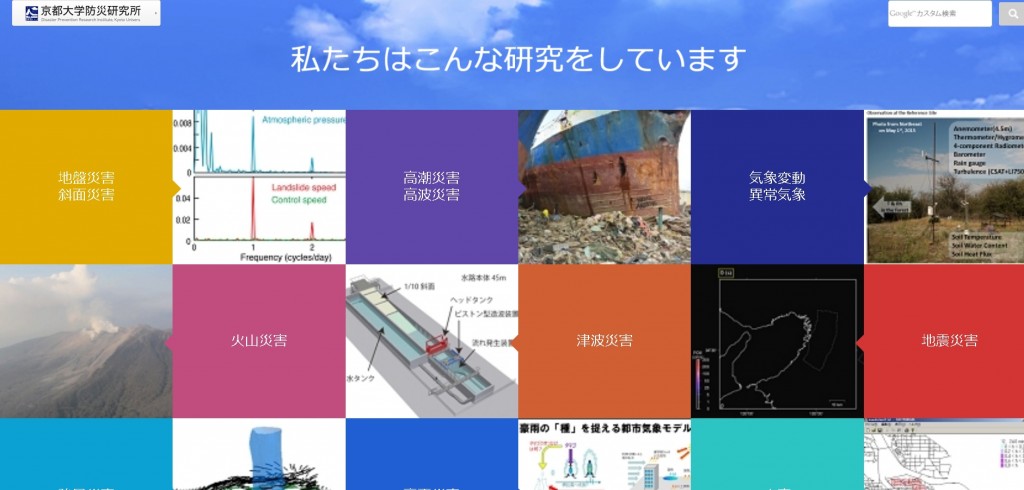The SRSG’s ‘Proposed Elements’ draws on consultations of all stakeholders that began in early 2012, including online, local, national, regional and global events. Further guidance came from countries’ reports through the UNISDR HFA Monitor, the findings of the biennial UN Global Assessment Reports on Disaster Risk Reduction of 2009, 2011 and 2013, relevant deliberations of the United Nations General Assembly, as well as a growing literature and practice on disaster risk and resilience.
The SRSG’s proposed elements aim to provide guidance and support for the preparation and deliberations of upcoming Regional Platforms and meetings for disaster risk reduction upon which the future framework will be built.
The document can be accessed from this link: SRSG Elements 17 December 2013 – FINAL





